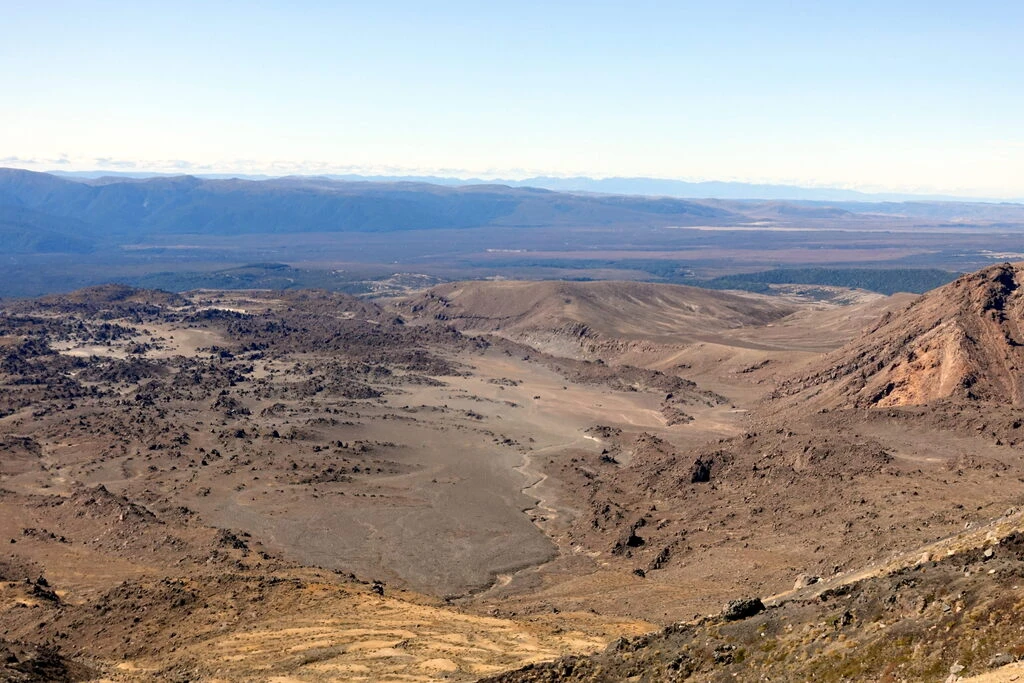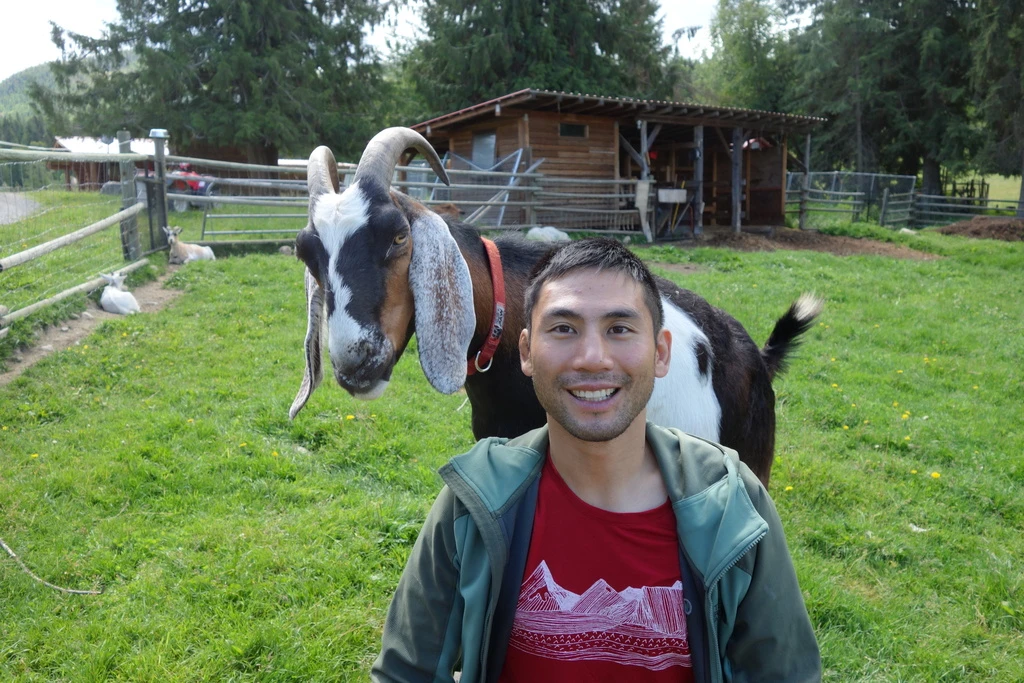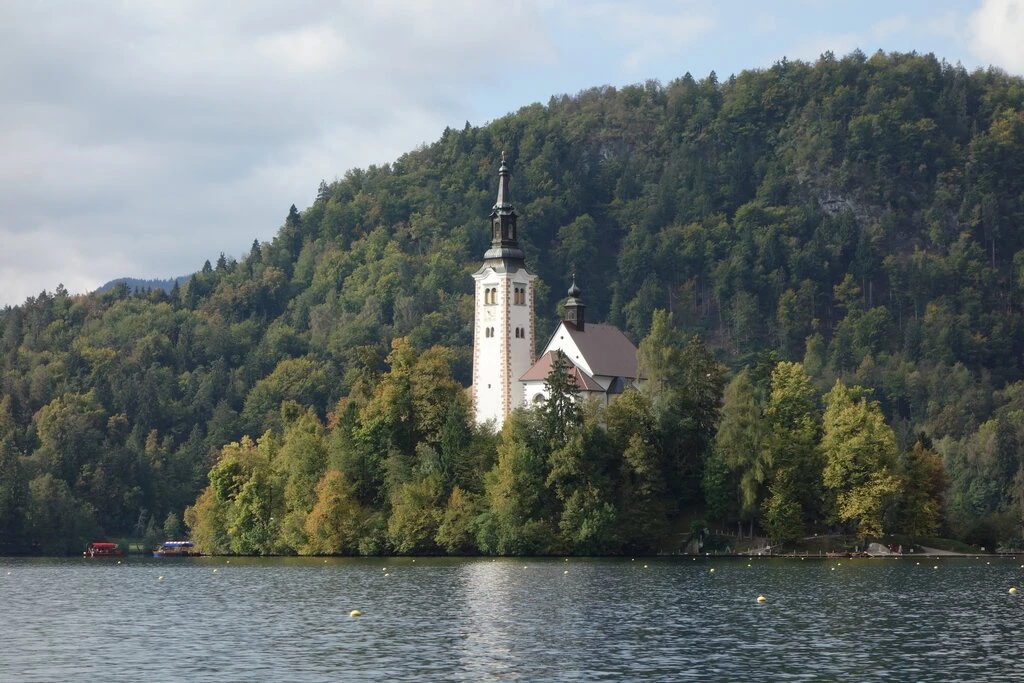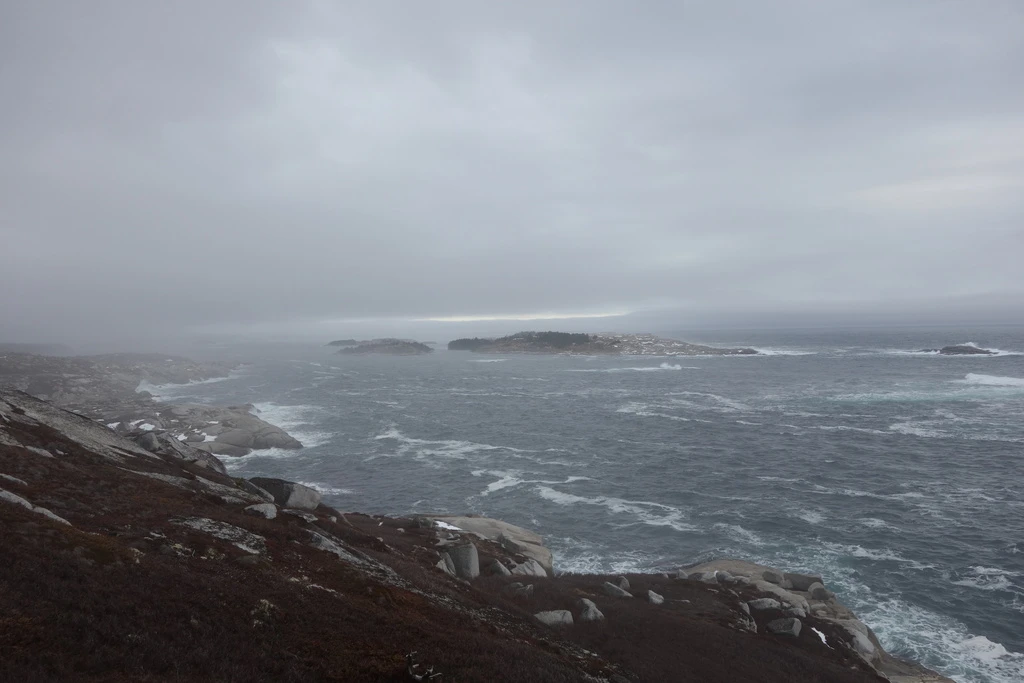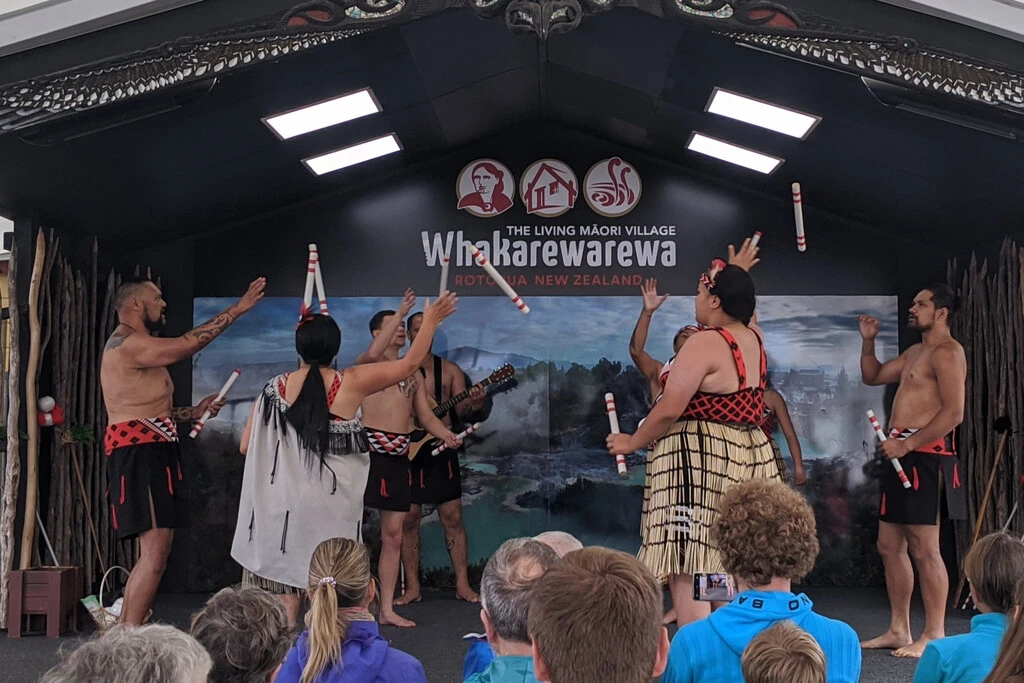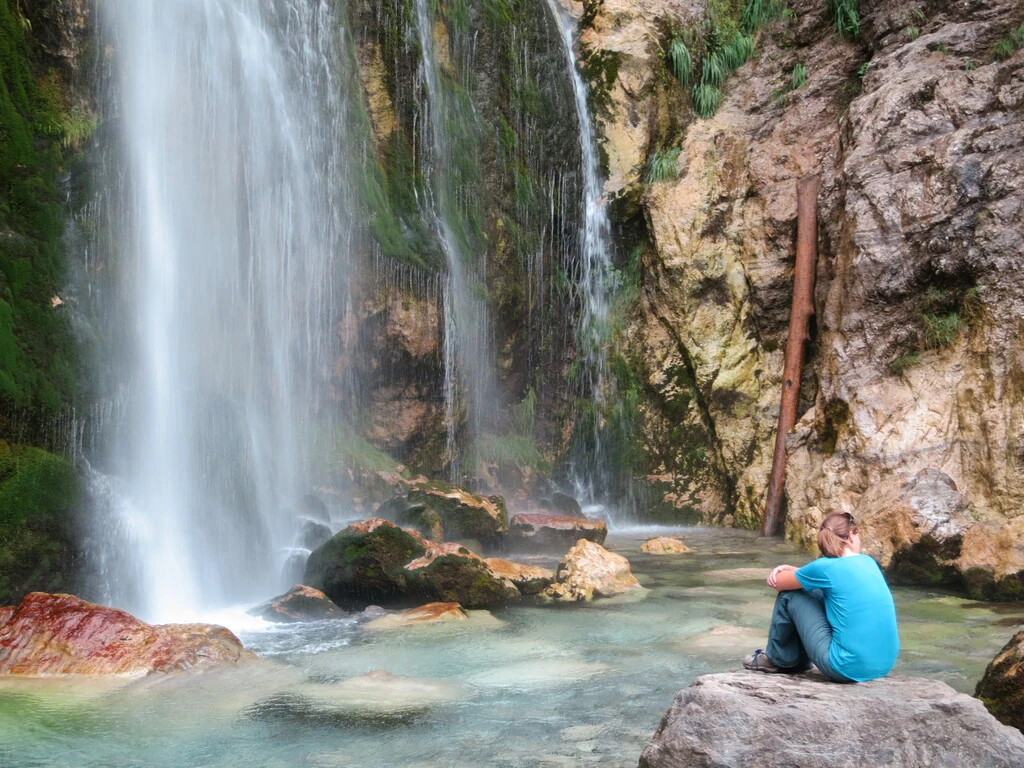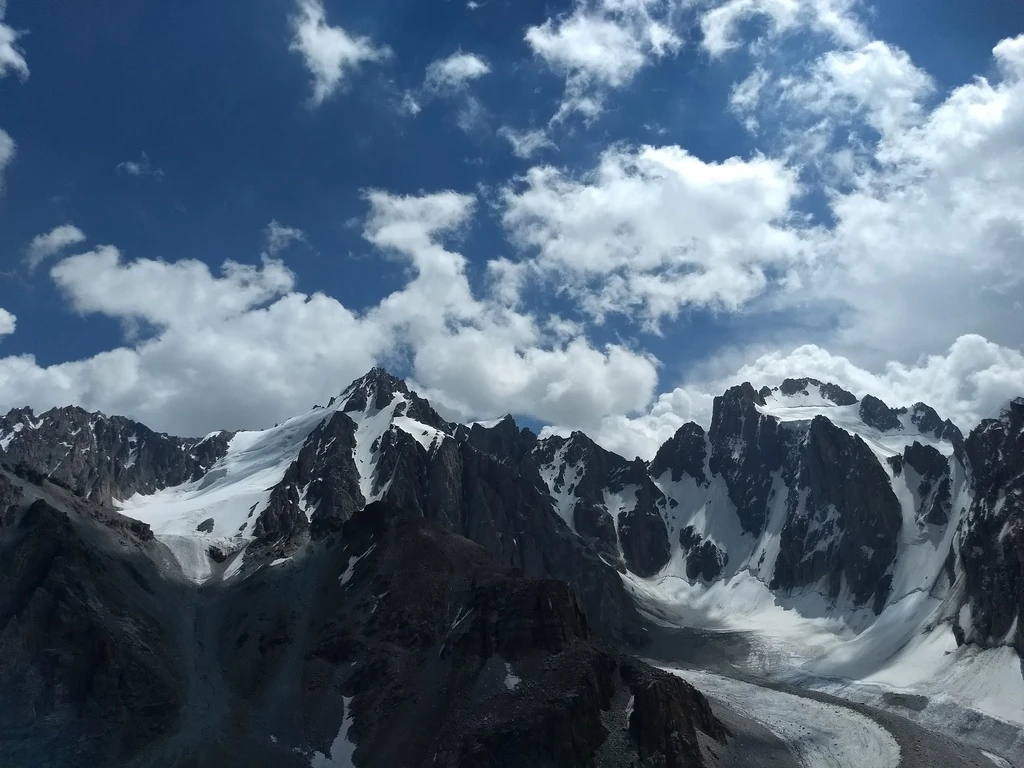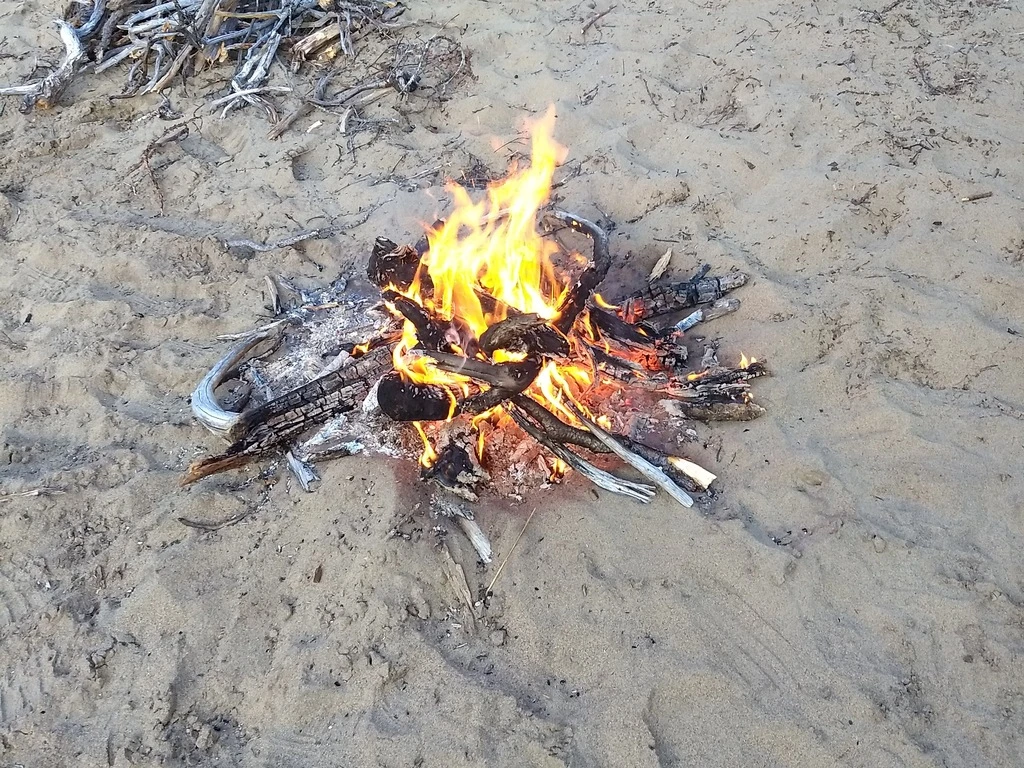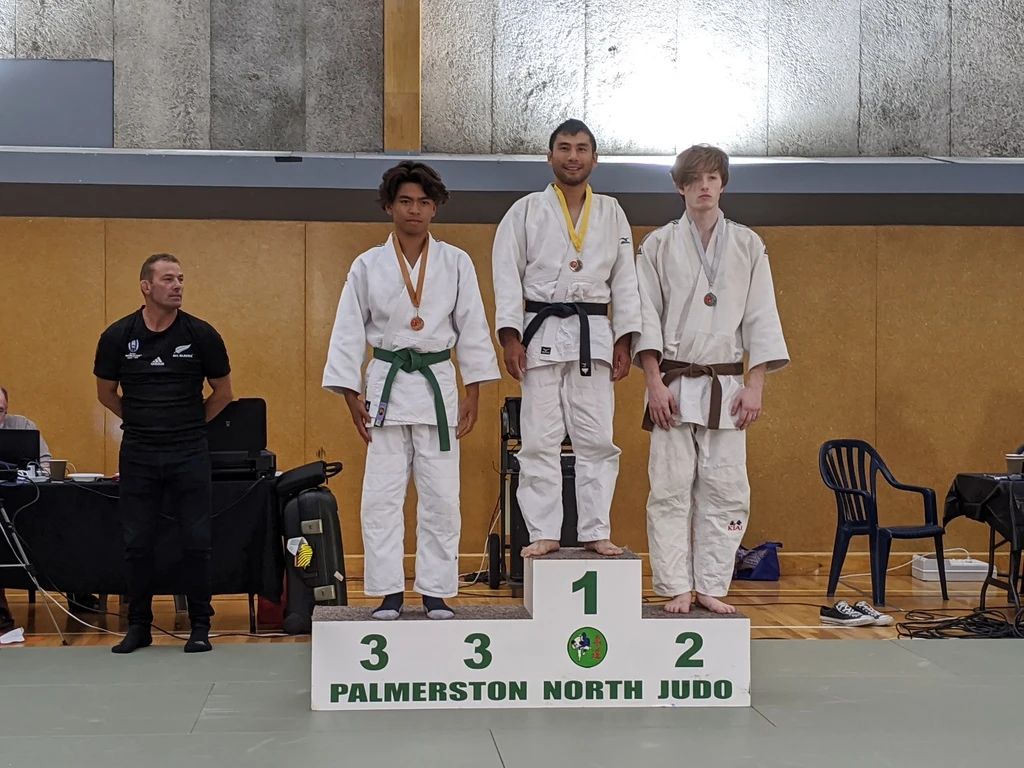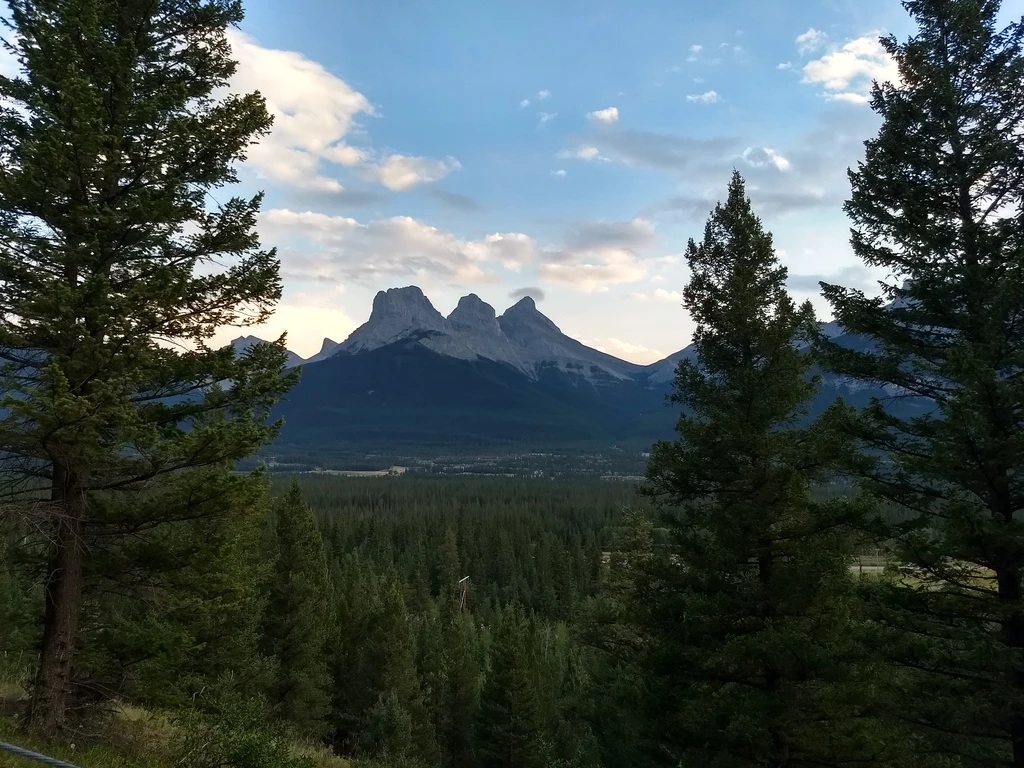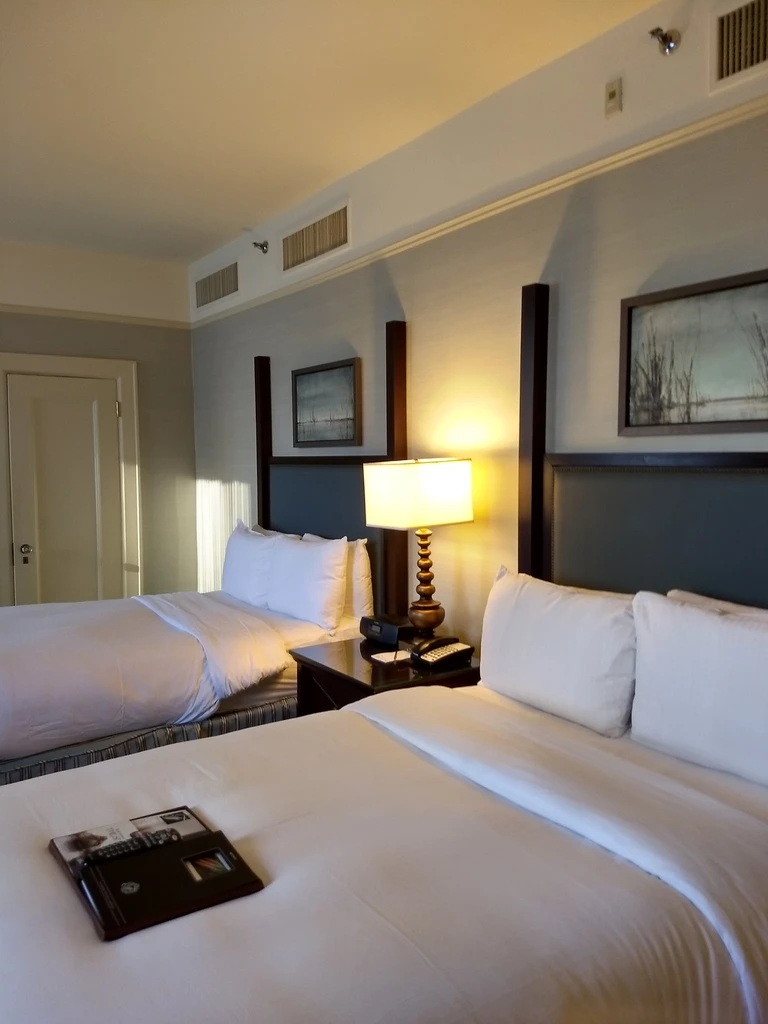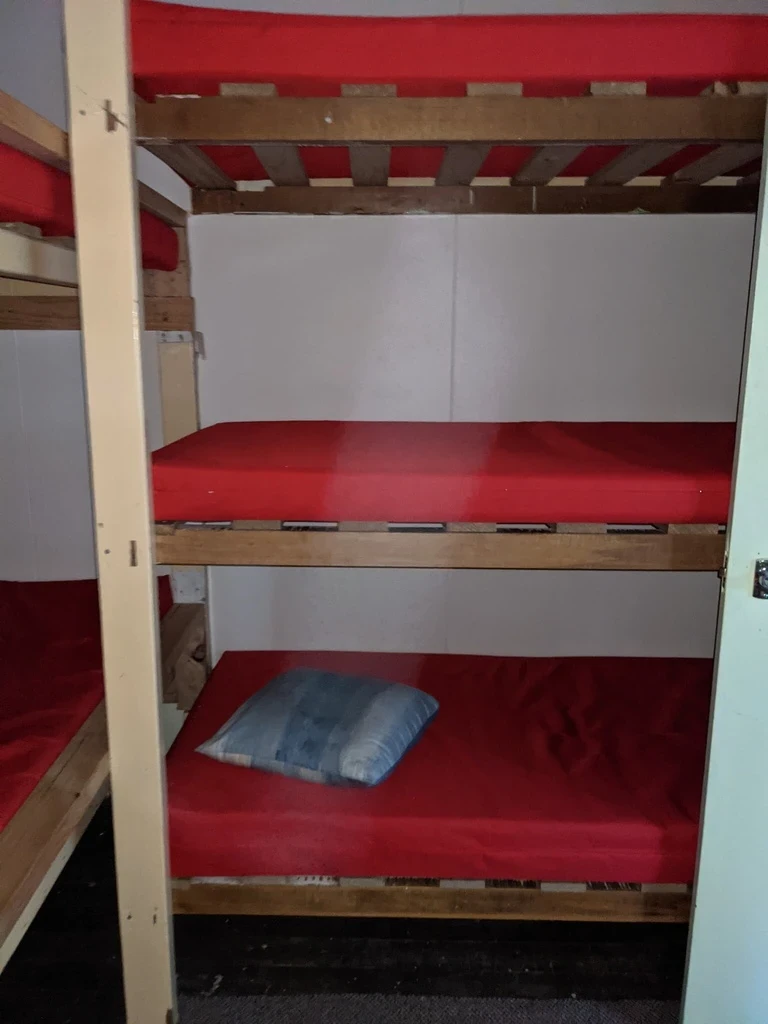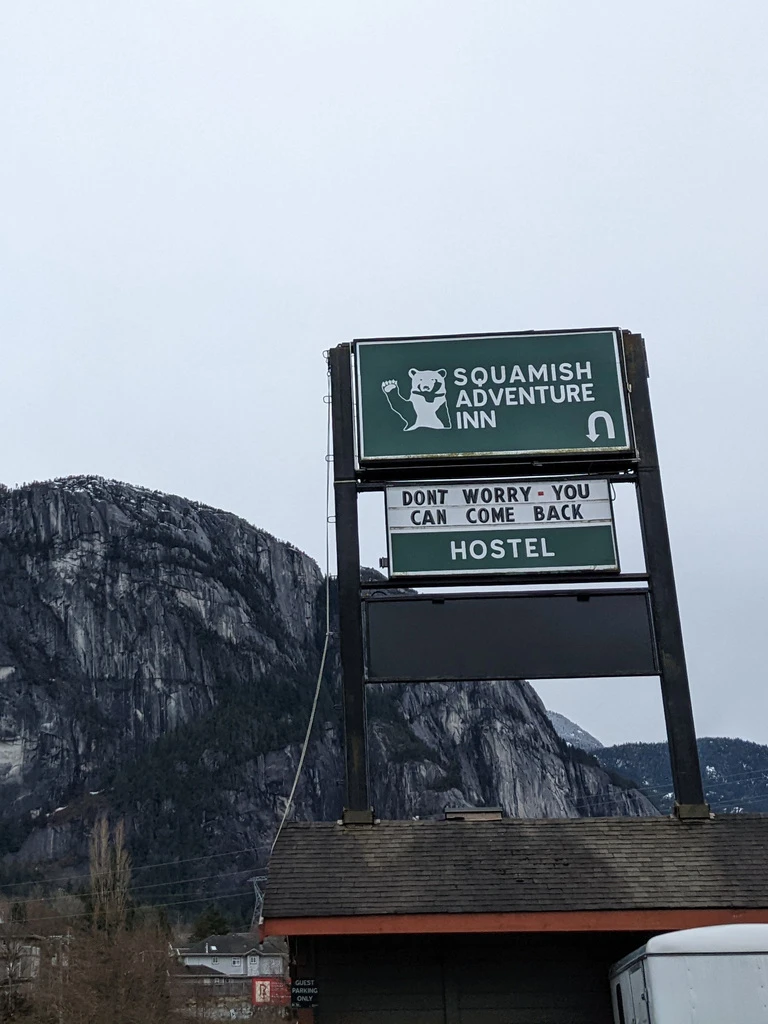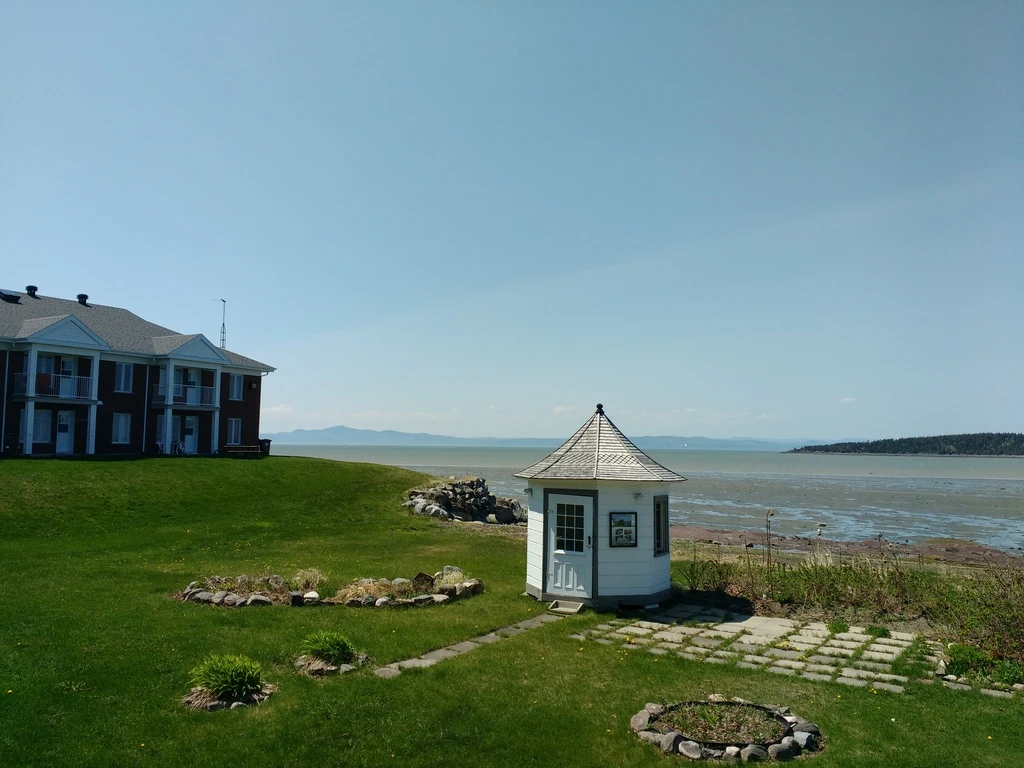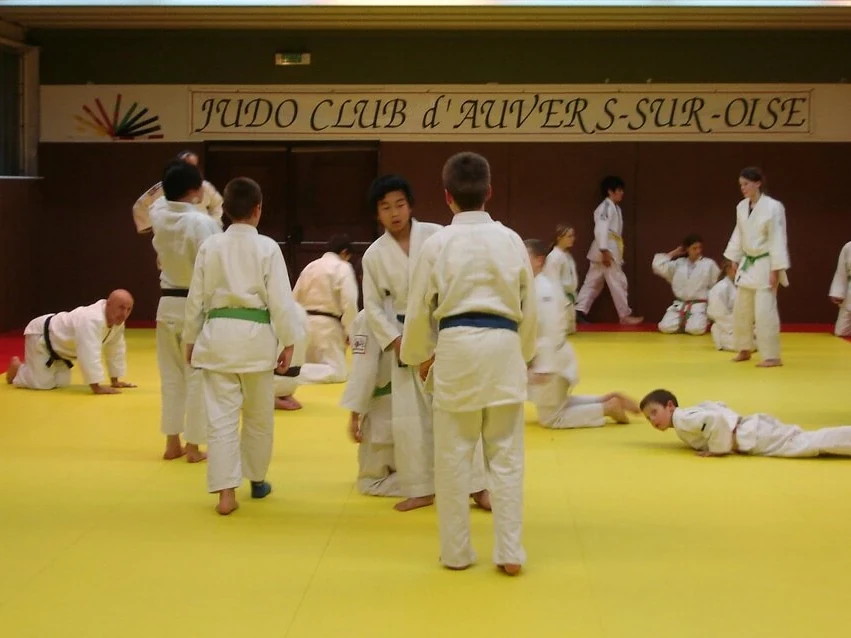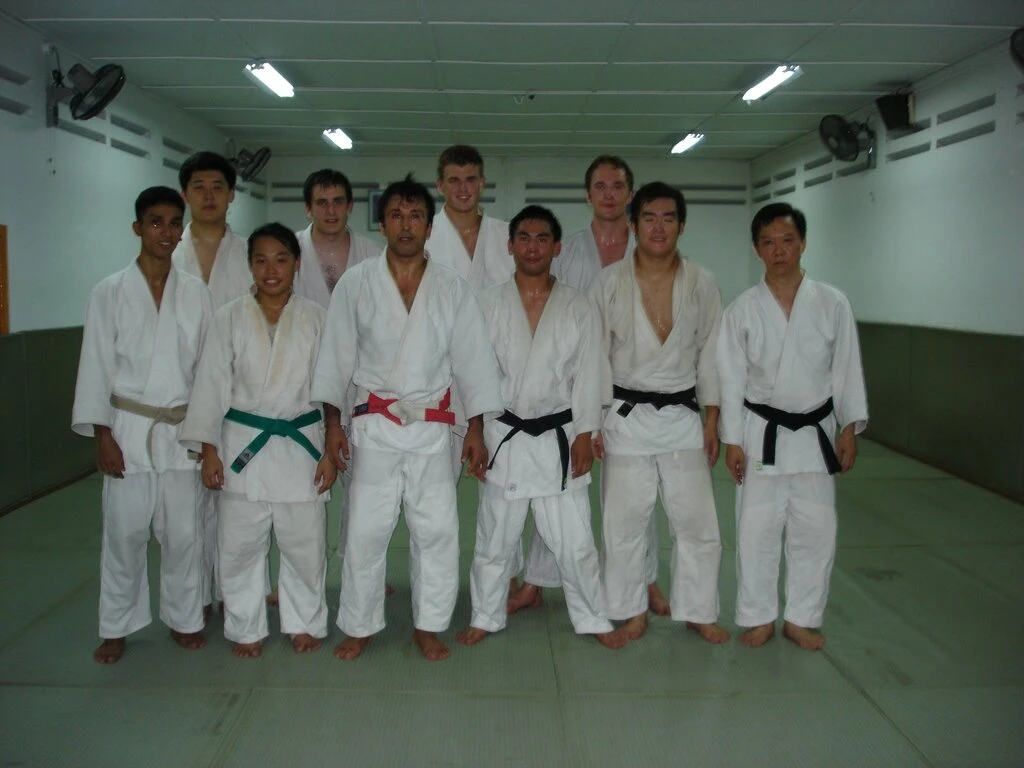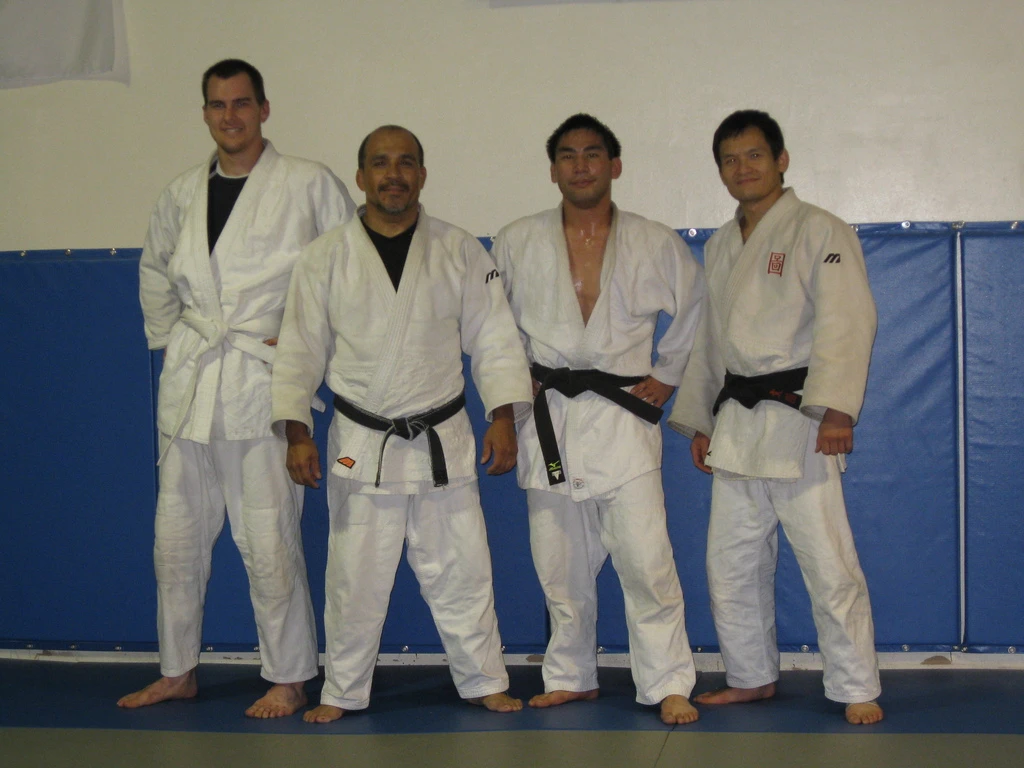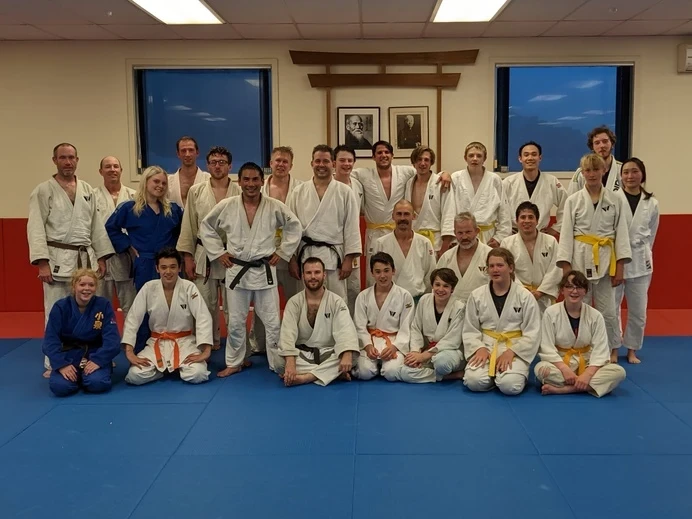Table Of Contents
[Written March 2020. But it hasn’t been the best time to travel, so I’ve been waiting for a better moment. Now’s still not ideal, but maybe better.]
SE student Rachel asked me for travel suggestions. That’s a pretty broad topic; digging deeper, I learned that the question was about cultural experiences and going beyond sightseeing on family vacations. I’ll write about some of my best travel experiences so far. There is going to have to be flexing. Otherwise the answer would be generic and boring.
Part 1: Spectator vs Participant
Unskilled sightseeing of the Most Popular Sights is a fairly passive experience (like going to lectures!) One can consider a scale where one uses one’s expertise to participate in an activity. But technical skills are exclusive. (Being a spectator in an area where one has expertise is more rewarding.) The spectator/participant line is blurry for activities like birdwatching and somewhat orthogonal for activities like photography and sketching. Adventure photography, for instance, also requires significant skills; Galen Rowell was a super influential adventure photographer and used his climbing skills to be in the best places, especially around his home base in the Eastern Sierras of the United States.
Let’s look at specific activities and how they fit in with this continuum.
- cultural shows: I was recently at a Maori cultural performance at Whakarewarewa; it was worthwhile to see aspects of their culture, but watching a performance is passive. Homestays are more resource intensive and less scalable. (But if you stay in NZ for a while you can see kapa haka performances by high school students at random events.)
- visiting medieval castles: also fairly passive, but one can do arbitrary amounts of homework to prepare for castle visits and better appreciate them in their cultural context. Bled Island in Slovenia has a particularly scenic castle. (I try to read fiction from places that I’m going to visit; Bilal mentions benefiting from reading about the history of Spanish architecture and its cultural implications, thus adding an additional dimension to his visit to Spain).
- moving along the continuum, I went to my cousin’s wedding in the BC interior two years ago and had unplanned goat interactions at our accommodation at the Bear Valley Highlands, which also happened to be a hobby farm. Petting goats is more active than pure sightseeing, and highly rewarding, but not skill-based.
- easy walks are more active than just looking at things; Polly’s Cove in Nova Scotia is a good example of an easy walk that isn’t too demanding but is highly scenic.
- longer walks also don’t require technical skill but do require some fitness. The Tongariro Alpine Crossing is really nice. I have trouble with calling things “the best X in the world”, which has happened to this hike.
- it is possible to hire guides for activities that otherwise require expertise. The trade-off is that you are not fully responsible for the activity; being responsible is in itself rewarding. Climbing cliffs or mountains is one example of an activity that can be guided. Canyoning in Slovenia is a specific thing that I’ve done with a guide (and hard to do unguided: they also don’t publish the locations of their canyoning tours in Slovenia).
- in summer 2019 I was in northern Quebec, unguided, with 3 other MIT Outing Club alumni + 1 more, to climb Mount Caubvick, the highpoint of Newfoundland and Labrador and Quebec (the summit is a small plateau and the border crosses the plateau) and paddle down the Koroc river; that trip definitely required technical skill and substantial experience outdoors. A number of us (including me) had no prior experience in whitewater, but the gear we used, packrafts, made it easy to just bash through the rapids without much skill.
- that Northern trip happened to include June 24, Quebec’s Fête Nationale. We had a bonfire for the occasion. If you’re not the only 5 people in a 100km radius and you’re in Quebec, I recommend joining in Fête Nationale festivities, which are usually big parties; I think it’s especially good for non-Quebecois Canadians to learn more about Quebec. I’ve also randomly joined community parties in villages in Italy.
- reading my email one day, I saw a Alpine Club of Canada Rocky Mountain Section trip to smaller Kyrgyzstan mountains, which I immediately signed up for. That trip was guided even though we all had the technical skills: it was an interesting view into Russian mountain culture. It was super useful that Mike from our party spoke Russian! Definitely an active trip.
- in 2014 we visited the Theth valley in Albania, which is a fairly isolated part of a relatively remote (for Europe) country; we had an interesting time getting there using informal transport (i.e. a guy’s van along with his 5 daughters and granddaughters). There are some tourists (and indeed some Quebecois showed up, walking in from the next valley) but it’s also a chance to more closely engage with life somewhere away from home.
- other things I’ve heard of but have not personally done: I hear that going to Central and South America to learn Spanish for a few months is a good way of getting to know the culture; as skilled labour, Engineers without Borders is a thing, although I don’t know that they use that much software engineering talent; one of David Hu’s most immersive experiences has been teaching Chinese students about life skills / meta-thinking approaches, like empathy, overcoming fear of rejection, healthy habits, and creativity; cooking schools, and general voluntourism, are other things.
My preference is towards the active/skilled end of this continuum. I’m not going to judge your choices, but I will say that it’s good to be mindful of where you end up rather than landing somewhere by default.
I’ll point out that the extreme end of the participant continuum is highly active but not a great way to experience local culture. Think: participating in, say, world championships. You are too busy trying to win rather than having non-sport-related experiences. On the other hand, entering a local tournament (and winning) can be a good time!
[1] A bit more on guides: there are local guides to places, who can provide local context without being responsible for technical activities; and guides for technical terrain like mountains and rivers. In both cases it’s worthwhile to look around and do some homework on the qualifications of the guide; the first one you find might not be the best bet. In technical terrain it’s also safety critical. Sometimes there are official guides for a place or activity; French Alps will require a IFMGA guide for instance. (I’ve been to a surprising number of the ranges on the IFMGA site as of June 2022…)
Part 2: Control, exclusivity, and popularity
2a: Control
OK, I’m a bit of a control freak but I like to exhaustively plan the logistics of my travels. It takes a lot of time to figure out where to go, how to get there, and where to stay. There are varying levels of package tour-ness and I can (at some level) understand the appeal of the levels where you are provided with accommodation and activities, even without being stuck on a bus with a bunch of others. (Which I did once when I was 18 at the insistence of my parents. It was OK but I’m in no rush to repeat that experience). I’ll pore over the reviews and book the places myself, thanks.
The booking process really isn’t much fun. There’s a lot of information out there but you need to evaluate its credibility and consolidate diverse sources of information. Wikivoyage and Wikipedia are good starting points. I usually refer to guidebooks (e.g. Lonely Planet) although I feel less and less like they bring much value, perhaps because of my own idiosyncrasies. I don’t know what the answer here is. Perhaps bespoke travel agents are one. But I’m still a control freak.
Slow travel is its own game, where one stays in a place for months at a time.
We’ll declare it out of scope for this discussion. I do hear good
things about slow travel, although I’ve never really done this apart from sabbatical.
It’s also possible to plan on the fly. It’s good to have some initial plans, especially for accommodation for the first day that one arrives in a place. But it’s also good to have flexibility and leave room for last-minute changes.
Another way of not having to have any plans is by staying at resorts. Which is like being on a package tour. I guess it’s like a package tour that doesn’t go anywhere. Cruises are like package tours that are on the water. VIA Rail’s cross-country Canadian is kind of like a cruise on rails. Somehow I was OK with that, maybe because the train is legit important in Canada’s history. There are more cruise-like train trips, I’m told. I’m not interested in staying at a resort and have taken steps to avoid this.
2b: Exclusivity
Level of luxury is another continuum to think about. Hostel? Four-star hotel? I never really liked the hostel scene. Four-star hotels are nice but somewhat isolating: they solve all the problems in exchange for (lots of) money. Airbnbs and in particular the ability to cook are nice; sometimes one doesn’t want to eat at restaurants every day. When I was a kid there was the notion of an “efficiency” which was a hotel room which had cooking facilities. We often stayed there. NZ has them too, though they’re just called normal rooms.
Similarly to hostel vs four-star hotel: economy-class seating gets a different type of traveller than higher classes of service. You’re more likely to talk to the interesting person next to you on the train in economy (has happened notably in Romania). On the other hand sometimes there’s the group of 5 rowdy passengers going to a bachelor party. Is this more likely in economy? Maybe.
On a related note, I have a weird habit of creatively combining modes of transport; this includes walking to airports (my count: 16; also see How to get to Pearson from Waterloo but perhaps the most interesting travel logistics was to referee a judo competition in Amqui, Quebec. Modes of transportation on that trip: walking, GO bus, my bicycle (early April is still pretty winter-ish in remote Quebec), the TTC bus and subway, the UP Express, the hotel shuttle, Air Canada, a friend’s car, the Orléans Express bus, and Via Rail’s Ocean.
2c: Popularity
Less is more. I love going out of my way to get to B-list spots. Maybe they’ll become A-list spots someday. For instance I’d like to go to North Macedonia soon. Not only is it not crowded yet (and hence cheaper and less touristy) but can provide experiences that are as memorable as the A-list spots. Paris is really nice, and I do enjoy going there, and I acknowledge that no place not on the A-list is comparable to Paris. But there are different and valuable experiences that one can have in Lyon. (Same with B-list climbing spots: Yosemite is great. Kamouraska isn’t on the same scale but it’s still a worthy destination!)
Part 3: Communities and the Self
Part of the whole point of travel is that it takes away from your usual day-to-day community. Travel can also bring you together with other communities that you belong to. Here are some of my experiences with communities and travel.
Skill-based activities
Going back to part 1 where we talked about participant vs spectator, another aspect is that it’s quite hard to learn skills without being part of a community. Travel can involve connecting with participant communities at the destination. I try to go to judo practice when I visit a place, and I find it to be a rewarding way to meet people. Refereeing judo is also all about the referee community. Climbing and mountaineering depend on route and condition reports from people who have been there before you. And you meet up with your teammates for an expedition (as I did for the Haute Route, Kyrgyzstan and Northern Quebec).
Conferences
As a researcher I go to academic conferences in my area and often talk to the same people over the years. This also applies to, for instance, choirs, and this quote describes it at its best: “Like seeing a truly close friend that you haven’t seen in some time, there is an immediate bond that is forged or rebuilt between colleagues who look so forward to the networking, performance opportunities, professional development and camaraderie that only [the Podium conference] can provide” (http://www.thechoirgirl.ca/2016/03/an-interview-with-chorale-saint-jean.html; for more on that topic, see Together in Harmony).
Friends
I’ve occasionally travelled with friends (i.e. bringing my own mini-community with me). It’s fun. Large groups become insular, but I’m not sure at what size that happens.
I’ve observed communities forming around package tour groups and youth hostel occupants. Not really my scene, but people do it.
Of course, you are visiting a community where people live. Austin Dobrik points out that you could move there. Many places have expat communities. Or you could integrate into the local community. It’s hard, but in some places, many of the barriers are in one’s head.
Part 4: Conclusions
The aspirational travel experience is, as Jamie Wong wrote, one where you can “[interact] with … locals [in a way] that feels neither transactional nor exploitative.”
Why travel? The classic answer is something about broadening one’s horizons and seeing that there are other ways of doing things. You can have experiences that are difficult to have back home. Ontario is sorely lacking in topography, for instance. mbt says one can travel to see places or to see people. I don’t think this is an exclusive or, but it does focus one’s attention.
Didier points out that broadening horizons includes exploring oneself in addition to the world, and that quintessential texts include Zen and the Art of Motorcycle Maintenance and The Motorcycle Diaries. Exploring oneself is aided by “difficulty, vulnerability, and exposure to locals outside the tourist industry”. However, he warns: “Be careful what you wish for!” [Like Frodo,] “you may return after your transformative journey being less able to connect with your old friends.”
David writes:
I see travel as a way to understand myself as well — this becomes accentuated when I’m in different cultures, because my habitual ways of being are challenged and I get to see what I’ve taken for granted and assumed is the way things work, that I would normally not see (like fish in water). What I think is good or bad, normal/weird are not necessarily so in a different cultural context. Also, regarding open-ended travel — it is a great way to understand one’s own desires independent of what other people tell you you should do or is cool. Sure, you can do that too. But you get to make decisions, you can choose what you want to do — for me, it’s also a sandbox of possibilities — where I want to go next, what I want to do, who I want to meet, and what unknowns I want to explore. This last one is a powerful one — exploring those things I’m a little timid of and simply seeing what it’s like, w/o any expectation of getting anything except learning and understanding.
All of this is done with a safety net — knowing I can go back at anytime and get a job, or allocating a certain amount of savings and time. Within the confines of this safety, there is great freedom and space to explore, play, and try new things.
My own travel takeaway is that, even though people do things differently in different places and times, we’re all fundamentally human beings and broadly have the same desires and definitely the same rights. We want to live our lives and belong to our communities, with enough challenge to grow. (I think that we take the desire for safety too far in North American sometimes and that we are terrible at evaluating risk, but that’s a different essay). New Zealand seems less safety-obsessed than North America (“you can pay money to do that activity? that doesn’t seem perfectly safe!”), and we saw from above the Greek village of Arginonta that they get much more into their neighbours’ lives than urban Canadians.
To sum up, I’ve written about some ways of thinking about travel experiences, on the spectator vs participant spectrum; about how one plans one’s travel; about where to travel; and about who one interacts with while travelling. I like to be towards skilled-participant independent midrange travel in small groups.
I hope this is helpful for those readers who are thinking of travelling soon! Please share your thoughts and your own travel philosophies with me (perhaps at less length).
thanks for comments: Derek Rayside, Jamie Wong, Didier Smith, Patrick Perrier, Austin Dobrik, David Hu, Bilal Akhtar.
Further reading
David Hu
- https://www.facebook.com/davidhu91/posts/10163838483335377
- https://www.facebook.com/davidhu91/posts/10162992700730377
On group travel: https://www.outsideonline.com/2344441/misery-company, by Danielle Sepulveres.
Backcountry Magazine: Make it count: How to get the most out of travel, by Tyler Cohen.
